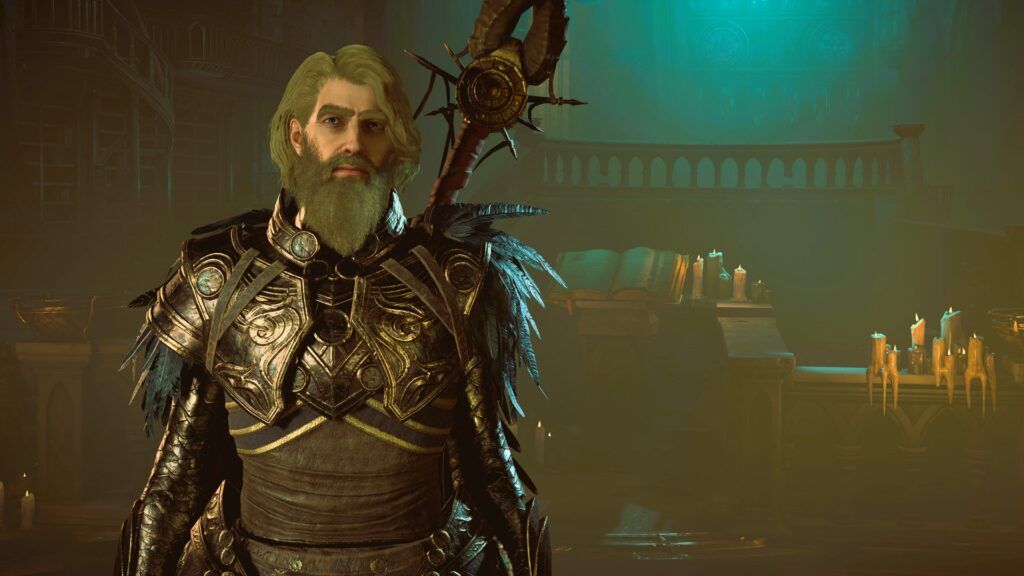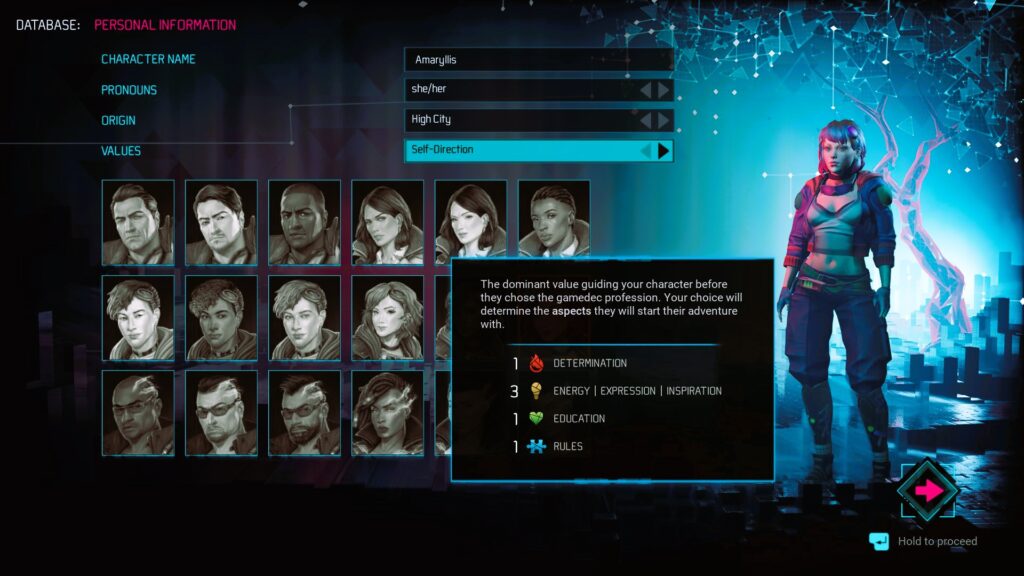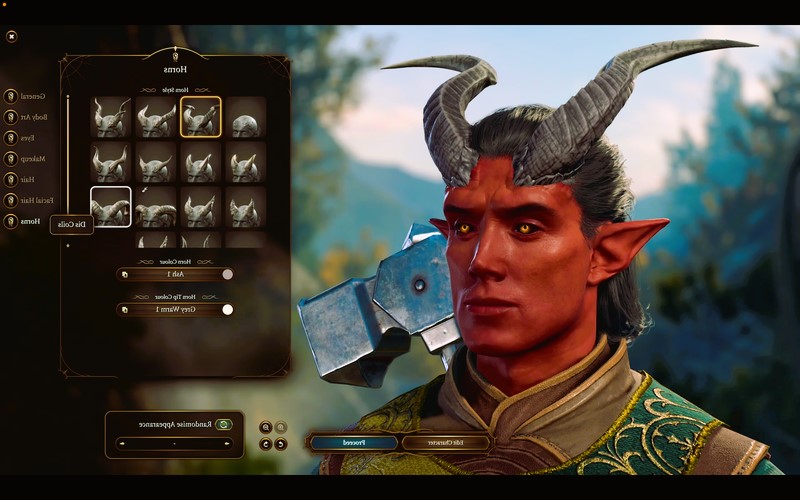Character Customization Options in Tabletop RPGs
Character customization is at the heart of tabletop role-playing games (RPGs), offering players the opportunity to create unique personas with distinct traits, abilities, and backgrounds. This article explores the diverse array of customization options available in tabletop RPGs, from character creation mechanics to narrative choices that shape player characters (PCs) throughout their adventures.
Foundations of Character Customization
Tabletop RPGs empower players to immerse themselves in imaginary worlds through the creation and development of characters. Unlike video games with predefined protagonists, RPGs allow for extensive customization, reflecting the player’s preferences, play style, and narrative aspirations.
Attributes and Abilities

One of the fundamental aspects of character customization in tabletop RPGs is the allocation of attributes and abilities. Games typically feature a set of core attributes (e.g., strength, dexterity, intelligence) that determine a character’s strengths and weaknesses. Abilities, often defined by classes, archetypes, or professions, further differentiate characters and influence their role within the party.
Race, Class, and Background
Many tabletop RPGs offer players the choice of selecting a race or species for their characters, each with unique traits and cultural backgrounds. Classes or professions define a character’s skills and abilities, ranging from warriors and wizards to rogues and clerics. Backgrounds provide additional narrative depth, shaping a character’s upbringing, motivations, and connections within the game world.
Skills, Feats, and Specializations
Beyond core attributes and classes, RPGs often feature skill systems that allow characters to develop specific competencies (e.g., stealth, diplomacy, crafting). Feats or talents provide further customization by granting unique abilities or enhancing existing ones. Specializations or subclasses offer players the opportunity to tailor their characters’ abilities to suit specific play styles or narrative themes. Read about the history and evolution of tabletop role-playing games in our article.
Equipment and Gear
Equipment plays a pivotal role in character customization, providing practical benefits such as armor for protection, weapons for combat proficiency, and magical items for supernatural abilities. Customization extends to the selection and enhancement of gear, allowing characters to optimize their equipment loadout for different challenges and environments.
Narrative Choices and Development
In addition to mechanical customization, tabletop RPGs emphasize narrative choices that shape a character’s personality, moral alignment, and relationships with other PCs and non-player characters (NPCs). Players make decisions that influence their character’s growth, alliances, and ultimate destiny within the evolving story arc of the campaign.
Advanced Customization Systems

Modern RPG systems offer advanced customization tools to cater to diverse player preferences and play styles. Modular character creation systems, point-buy mechanics, and hybrid classes enable players to create unconventional characters that defy traditional archetypes. Game expansions and supplements often introduce new customization options, expanding the possibilities for character development.
Community and Innovation
The tabletop RPG community fosters innovation in character customization through player-generated content, homebrew rules, and online resources. Forums, social media groups, and fan conventions provide platforms for players and game designers to share ideas, discuss mechanics, and showcase unique character builds.
Character customization in tabletop RPGs exemplifies the genre’s commitment to player agency, creativity, and immersion. Whether crafting a cunning rogue, a noble paladin, or an enigmatic sorcerer, players engage in a collaborative storytelling experience that celebrates diversity, narrative exploration, and the boundless imagination of RPG enthusiasts.
For further exploration of character customization in tabletop RPGs, visit Wikipedia for comprehensive insights and resources.

